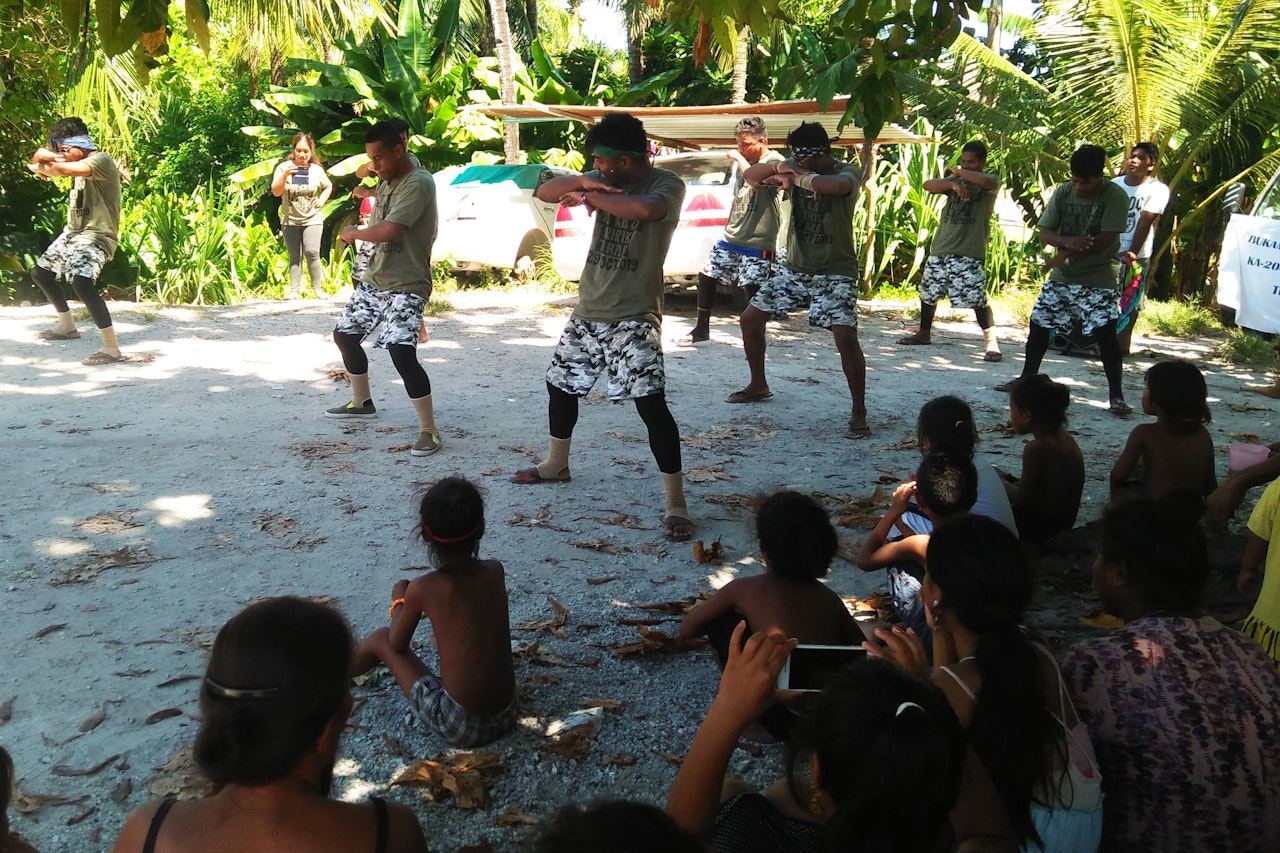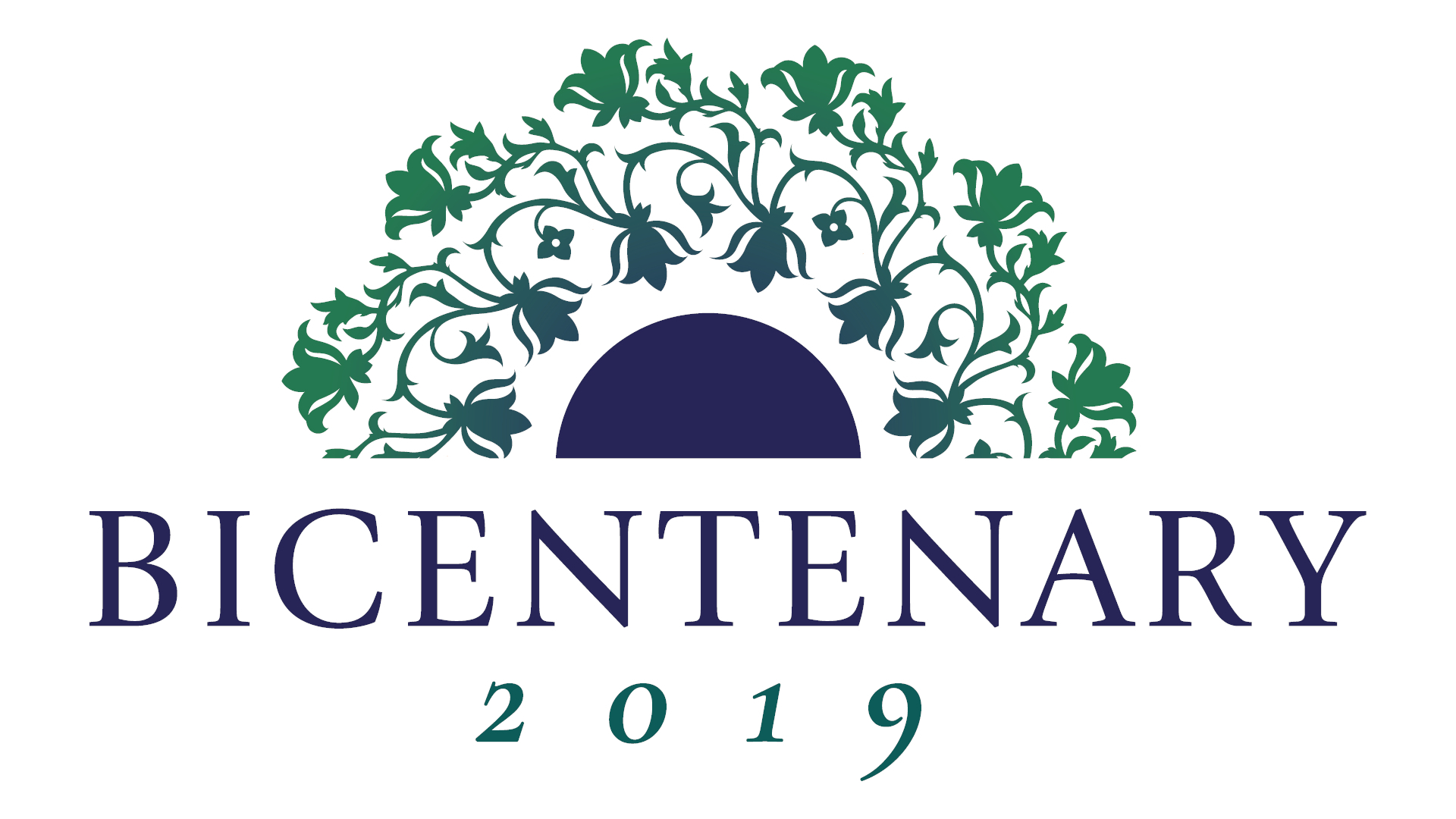Bicentenary preparations intensify throughout Australasia
This fifth and final article in a series on bicentenary preparations on each continent highlights efforts across Australasia.

This fifth and final article in a series on bicentenary preparations on each continent highlights efforts across Australasia.


This fifth and final article in a series on preparations for the bicentenary highlights efforts across Australasia.
SOUTH TARAWA, Kiribati — Across Australasia, communities are filled with anticipation for the coming bicentenary and are honoring this special period through an abundance of artistic works and vibrant community activities.
There is a long and rich history in this region of marking celebrations with traditional dance. A well-known dance troupe in South Tarawa, Kiribati, is offering a series of performances along the island’s main road, presenting stories about the Bab and His mission. “The bicentenary is so special, and we want to let every soul on South Tarawa know about it,” says Therese Bakineti, an island resident.
In the Tongan island of Tongatapu, youth from several communities are rehearsing traditional dances to be performed at upcoming celebrations.
A group of musicians in Christchurch, New Zealand, is honoring the bicentenary by setting Baha’i prayers and writings to music in the Maori language. Naming their effort the Waiata Project—from a Maori word for song or chant—they have created an album of nine songs in both traditional and contemporary styles. “Being Maori myself, this project made me connect a lot more with my language and with the prayers,” explains D. J. MacDonald, a 17-year-old musician who helped compose the music. “My hope is that these waiata strengthen the Maori language and bring people together in New Zealand. I want us to be united over these songs.”
In diverse settings throughout Australasia, people are also coming together to reflect on the special nature of the bicentenary, by viewing the film commissioned for the occasion, Dawn of the Light, and by turning their attention to a message of the Universal House of Justice about the bicentenary.
These and many other initiatives are strengthening community bonds across this region and channeling the energies of growing circles of people toward constructive processes in society. For example, the community in Lae, Papua New Guinea, is raising a building to house educational activities. In a suburb of Port Vila, Vanuatu, friends, neighbors, and government officials recently set out together to clean a river, clearing trash and planting riverbank grasses to prevent soil erosion. In a neighborhood near Sydney, Australia, dozens of households are inviting friends and neighbors to gatherings for prayer and reflection on the teachings of the Bab and Baha’u’llah and their application to humanity’s social progress.
The bicentenary has also been marked at the national level, including in Australia where the Federal Parliament last month held a session honoring the historic anniversary of the birth of the Bab.
A special feature of this region that is lending further impetus to preparations for the bicentenary is the presence of two Baha’i Houses of Worship, with two more that are under development. At the Temple in Sydney, some 200 people gathered recently for a conference to reflect on their community-building efforts. Drawing on the welcoming spirit of the Temple, participants spoke with visitors and residents of the surrounding neighborhood about the edifice and the teachings it represents. “A lot of people are starting to see who the Bab and Baha’u’llah were and why they’re so important to the world today. Their teachings about the oneness of mankind, the oneness of religion, and the equality of women and men are essential for our society,” notes Steven Maaelopa of Sydney.
Sites in the Pacific islands where Houses of Worship stand or will be built in the coming years are also acting as focal points of celebration and profound reflection during the bicentenary period. At the site of the future Temple in Port Moresby, Papua New Guinea, the community recently met for prayers on a national holiday, and young people spoke about the life of the Bab. At the Temple site in Tanna, Vanuatu, a sense of collective ownership is permeating surrounding communities as residents learn about the nature and purpose of Houses of Worship and contribute to its development.